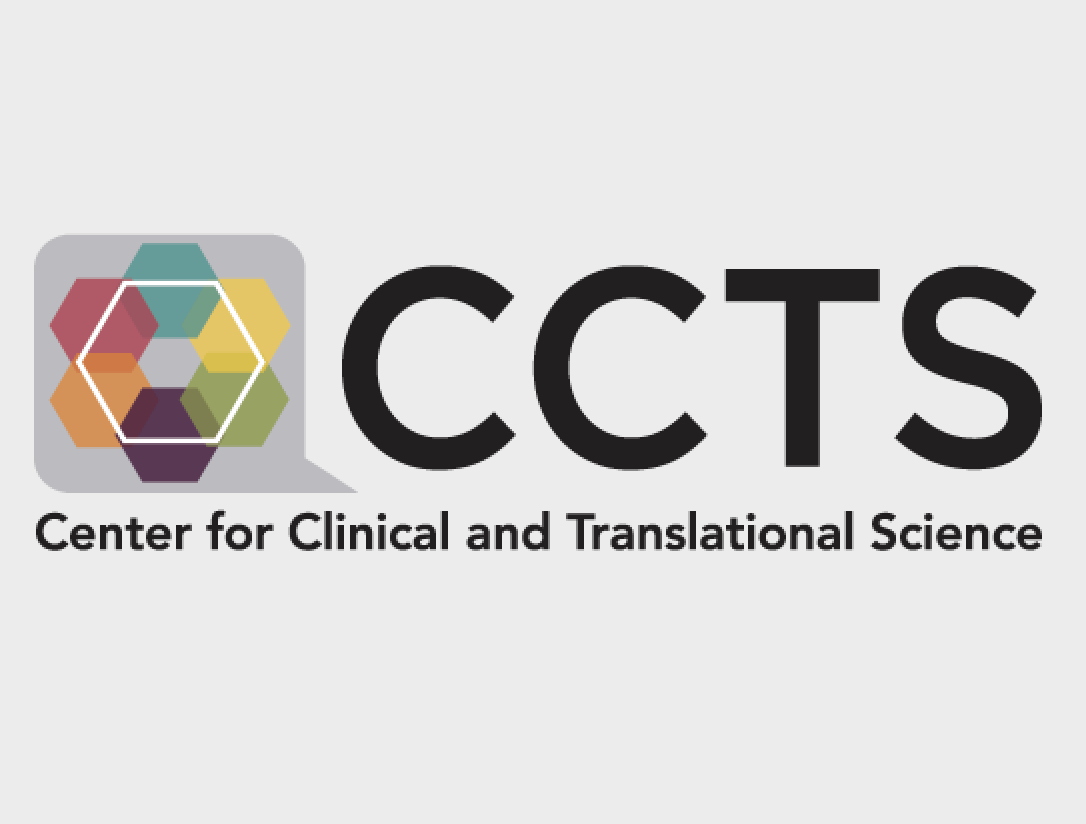 Since its establishment in 2008, the UAB Center for Clinical and Translational Science (CCTS) has worked tirelessly to reduce the burden of disease and disparities in health outcomes that disproportionately affect the underserved minority and special (i.e., socioeconomically disadvantaged, rural) populations within our region. As the only Alabama-based “Hub” in the Clinical and Translational Science (CTSA) program funded by the National Center for Advancing Translational Sciences (NCATS), our CCTS serves a population of the country that is heavily burdened by cardiometabolic, vascular, and cancer-related diseases.
Since its establishment in 2008, the UAB Center for Clinical and Translational Science (CCTS) has worked tirelessly to reduce the burden of disease and disparities in health outcomes that disproportionately affect the underserved minority and special (i.e., socioeconomically disadvantaged, rural) populations within our region. As the only Alabama-based “Hub” in the Clinical and Translational Science (CTSA) program funded by the National Center for Advancing Translational Sciences (NCATS), our CCTS serves a population of the country that is heavily burdened by cardiometabolic, vascular, and cancer-related diseases.
The CCTS Partner Network, which launched in 2015 and is comprised of 11 academic and scientific research institutions in Alabama, Mississippi, and Louisiana, is united under the mission to reduce the burden of diseases endemic to the Deep South. Through these outstanding partnerships, we’ve been able to lay the groundwork for moving the needle and improving health outcomes for our citizens. The CCTS has led the way by supporting the recruitment of new investigators, translating new ideas into clinical trials, providing an informatics highway (access to data and information), creating a pipeline for the development of new companies, licensing new ideas, and much more.
At the national level, UAB’s CCTS is leading nine CTSA Hubs charged by NCATS to develop a translational version of the National Science Foundation’s I-Corp Program. Unveiled last year, the I-Corps@NCATS program prepares biomedical scientists to think like entrepreneurs, ensuring their projects meet real-world health needs by connecting them to the potential customers of their research. This is just one of many ways that the CCTS has become a national leader in translational science. Additionally, this past year, the CCTS embarked on a massive endeavor to renew its NCATS grant. Nearly 500 people contributed to the final submission, which was over 5,000 pages and included more than 100 letters of support. We anticipate confirmation of the renewal any day now, and I’d like to express my deep appreciation to everyone who was involved in that process.
I’d also like to take a moment to thank Dr. Robert Kimberly, who has provided outstanding leadership for the CCTS since 2012 and has spearheaded the efforts to strengthen our partnerships as well as renew our crucial NCATS grant. I am thrilled to see our CCTS at the forefront of biomedical research and academic medicine, and I expect even greater and more impactful success in the coming years.